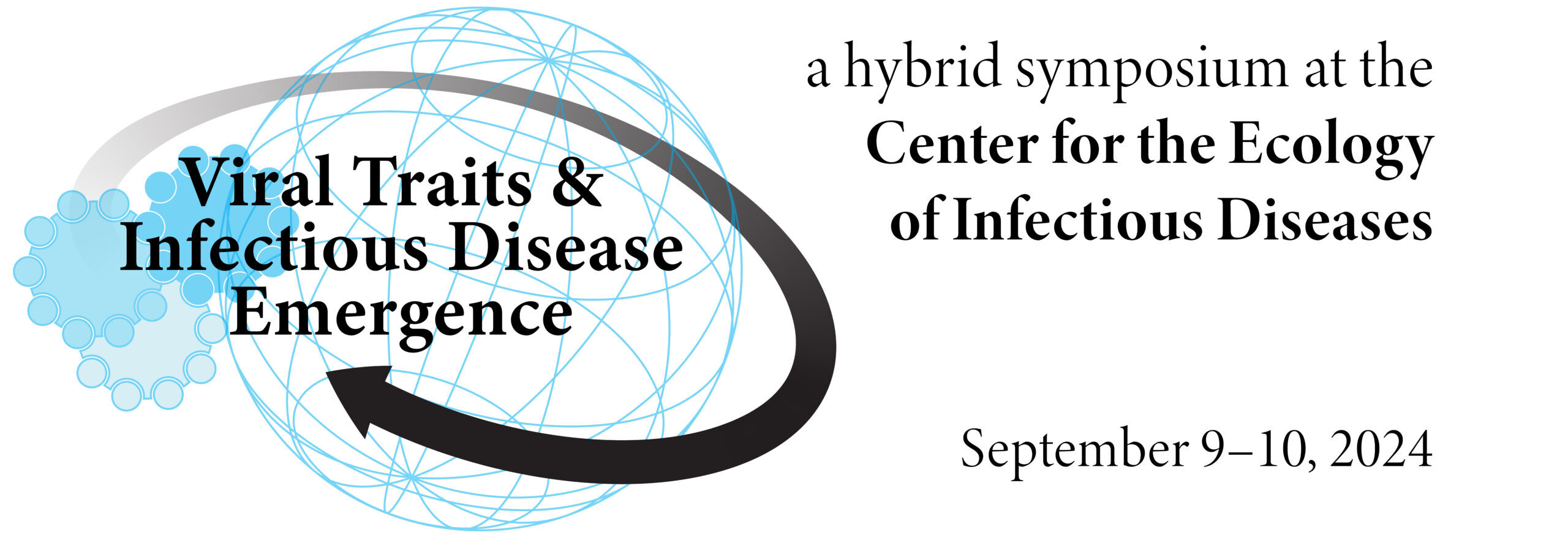From September 9th to 10th, 2024 the Center for the Ecology of Infectious Diseases at the University of Georgia will host a symposium on Viral Traits and Infectious Disease Emergence. The hybrid symposium will be held in-person at the University of Georgia, with a Zoom option. Registration for the symposium is now closed.
The symposium aims to review knowledge on viral traits and disease emergence and synthesize current knowledge and best practices for disease modeling through invited talks, round table discussions, and a poster session, facilitating the participation of both established and early-career disease ecology researchers.
Groups will be organized around one of the three major components of the disease emergence process:
- Infection
- Transmissibility (spread)
- Disease severity (virulence)
Who should register?
We welcome researchers at all levels, including faculty, post-doctoral scholars, graduate students and undergraduates.
We anticipate a diverse group of participants, including minorities, women, and researchers from underrepresented groups.
We invite registration from researchers with skills and interests in a wide range of fields of research.
There is no charge for attendance, but please only register if you are sure you will be attending. If your plans change after you register, please contact Erin Steele at erin.steele@uga.edu.
Important dates
Online only registration is still open, but in-person registration is now closed.
Registration closes: August 12, 2024
Deadline to book accommodation at the conference rate: August 9, 2024
Symposium: September 9-10, 2024
Anticipated outcomes of the symposium will include:
- Enhanced interdisciplinarity among scientists studying viral infection across scales (molecular virologists, computational biologists, veterinary disease ecologists) and education and career development opportunities for a diverse group of scholars.
- A synthesis and future directions paper on how we currently conceptualize viral traits and how this information can be incorporated into cutting-edge approaches for the modeling of disease emergence.
- Discussion on the potential development of a publicly-accessible resource that enables the rapid generation of disease outcome predictions for novel viruses and translate virological data into actionable public health information.
- Given sufficient interest from the community, the group will explore working towards a long-form written publication on viral traits and disease emergence.
